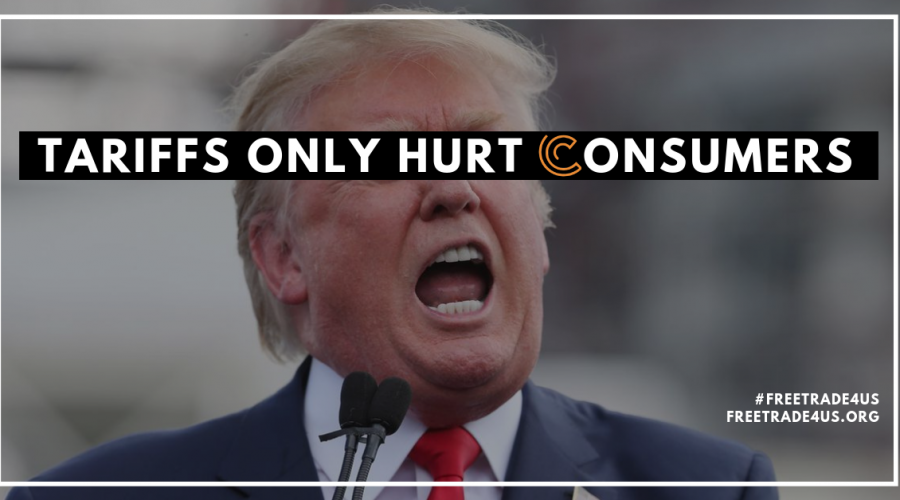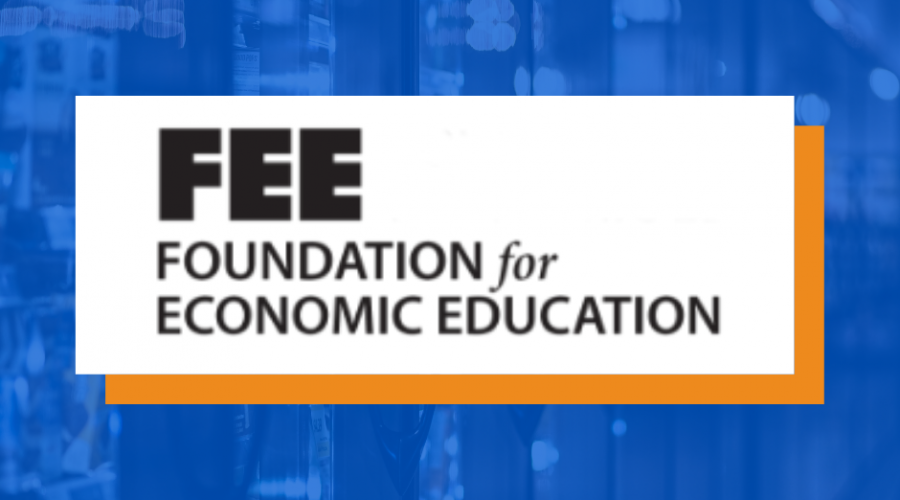O novo chefe comercial é igual ao antigo chefe comercial
O Presidente Biden valoriza significativamente a criação de contraste com o seu antecessor, Donald Trump. No entanto, no que diz respeito às tarifas sobre determinadas importações, o plano é manter as coisas mais ou menos iguais.
Relatórios recentes indicam que a administração Biden está avaliando $300 bilhões em produtos chineses que Trump sobrecarregou com tarifas usando Seção 301 da Lei Comercial de 1974. Os consumidores arcarão com os custos, como sempre fazem com as políticas protecionistas. E não parece importar em qual partido os consumidores votam.
A inflação tem vindo a arrefecer gradualmente nos Estados Unidos, oferecendo aos consumidores algum alívio muito necessário após 2022 viu quedas nos rendimentos das famílias devido aos preços mais elevados. A redução da inflação deu a Biden o que ele considera ser uma margem de manobra política para prejudicar ainda mais a China no comércio, reforçando a sua imagem junto dos eleitores como sendo duro com um rival estrangeiro.
Não é assim que uma economia de mercado livre deve funcionar. Um ano eleitoral não deveria proporcionar preços mais elevados ao consumidor para produtos seleccionados que não constam da Lista de Nice do presidente. Os veículos elétricos com componentes chineses e produtos à base de minerais permanecerão artificialmente mais caros se as tarifas continuarem e poderão até sofrer um aumento se Biden optar por apertar ainda mais os parafusos.
É uma medida intrigante para uma administração que tem elogiado o combate às alterações climáticas como o imperativo de segurança nacional mais crítico da América, uma vez que as tarifas também irão inflacionar o preço da tecnologia de energia limpa. Os consumidores migrarão para veículos elétricos quando o preço é justo e a confiabilidade da tecnologia aumenta.
As tarifas também contribuirão para perturbações numa cadeia de abastecimento global já assolada pela crise. Operações militares contra os piratas Houthi apoiados pelo Irão no Mar Vermelho estão explodindo a logística dos navios comerciais em todo o mundo. Cerca de 30 por cento dos carregamentos mundiais de contentores passam pelo Canal de Suez, e o risco de segurança duplicou o tempo de transporte e, por sua vez, aumentará os preços ao consumidor.
As rupturas nas relações diplomáticas e na primazia militar em regiões estratégicas como o Mar Vermelho ou o Mar da China Meridional não deixam de ter consequências para os americanos e para os seus bolsos.
Pesquisa do Fórum de Ação Americano em 2023 descobriu que o custo das tarifas foi repassado aos consumidores no valor de $48 bilhões desde que foram implementadas por Trump. O facto de Biden continuar conscientemente com esta política para marcar pontos parecendo duro com os chineses é um insulto a todos os americanos que lutam para fazer face aos custos de vida.
Em vez de recorrer a tarifas mais elevadas, a administração Biden está concentrada em reduzir o custo de fazer negócios na América para as indústrias nacionais. As tarifas gerais pouco mais fazem do que varrer problemas económicos maiores para debaixo do tapete, para que a próxima administração os descubra. O problema com a sujeira debaixo do tapete é que o próximo provavelmente não vai varrê-la, e os perdedores são os consumidores americanos.
Publicado originalmente aqui







